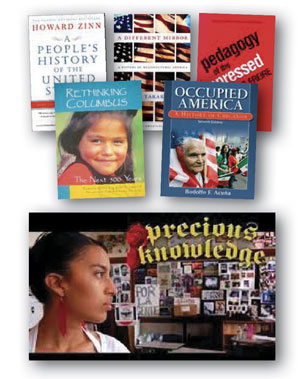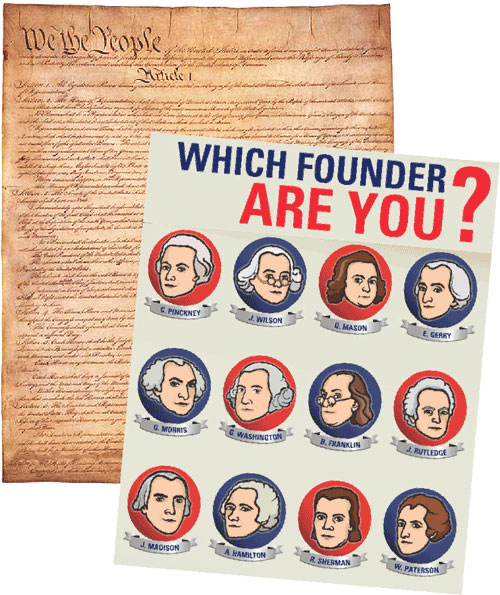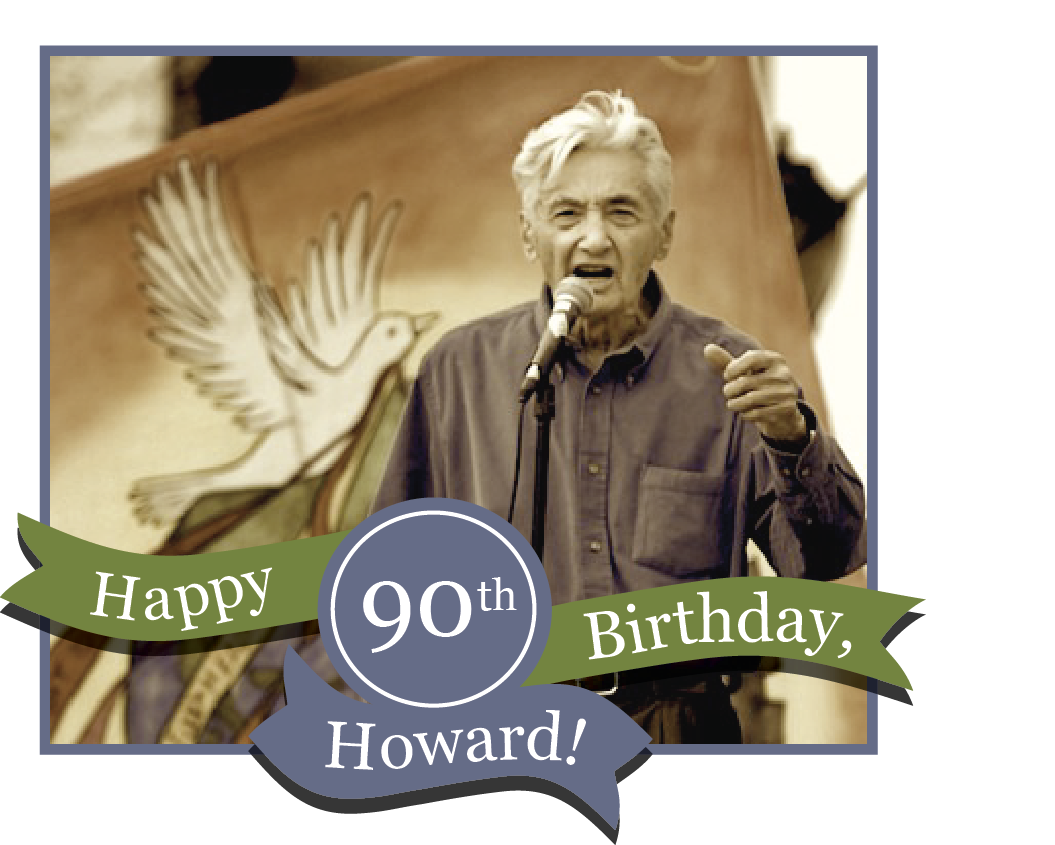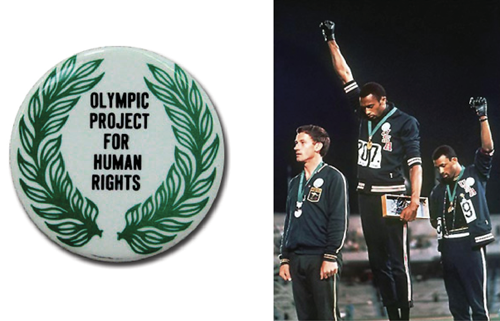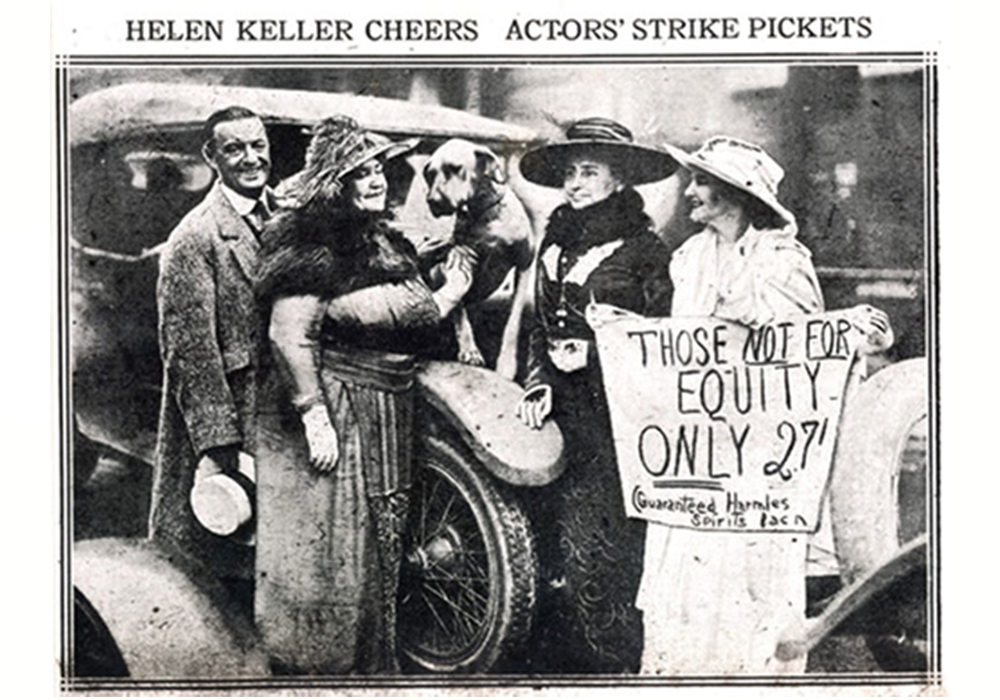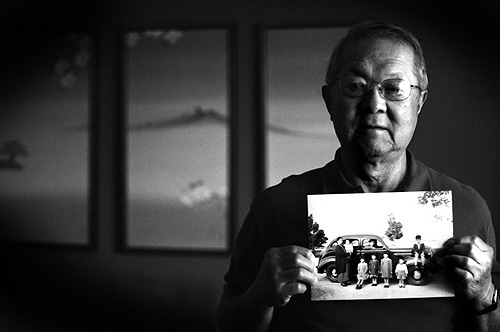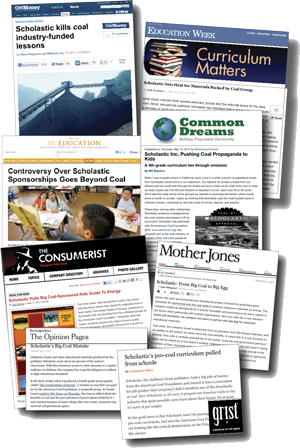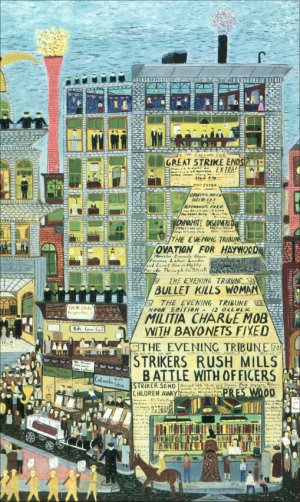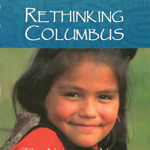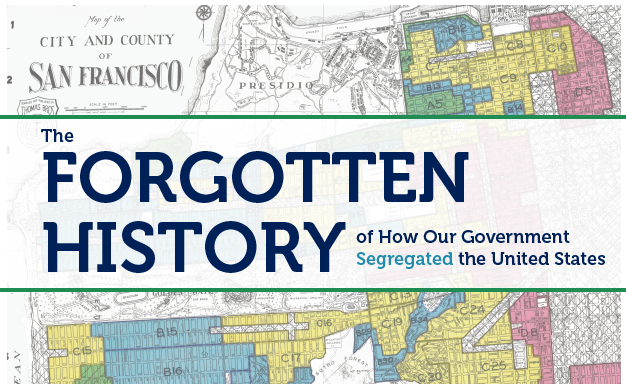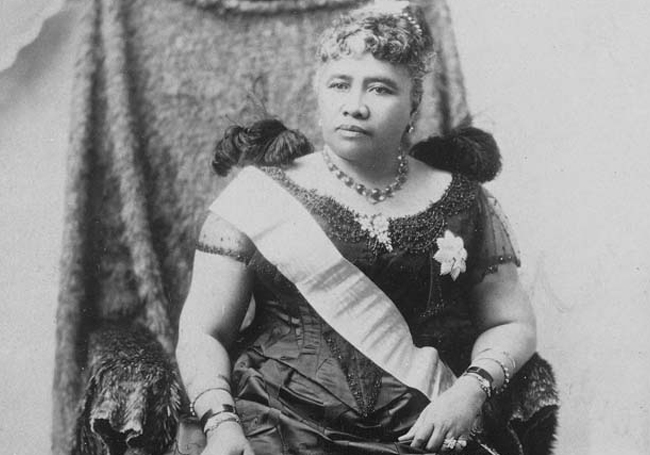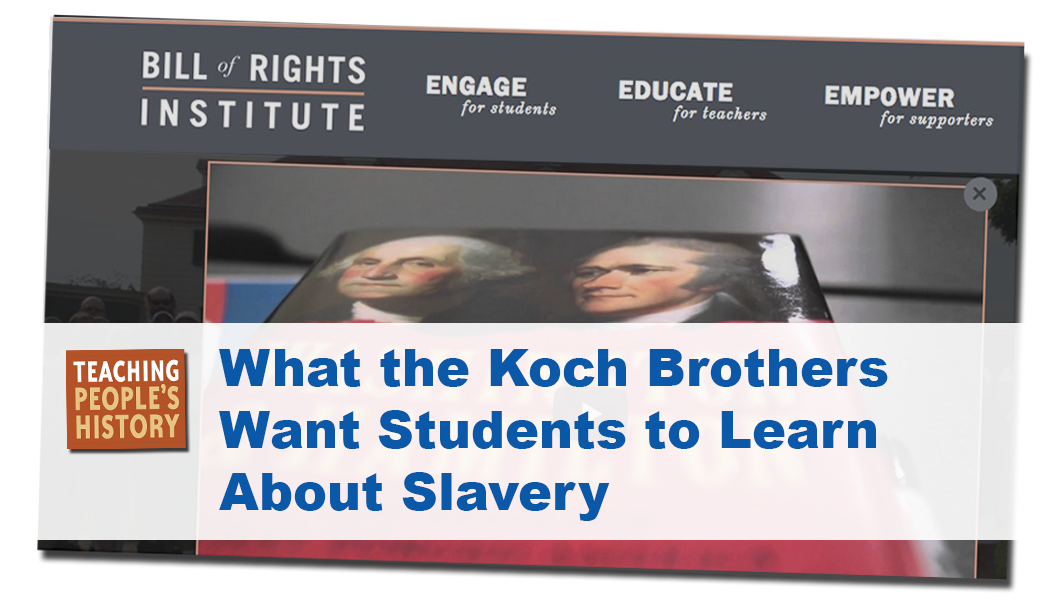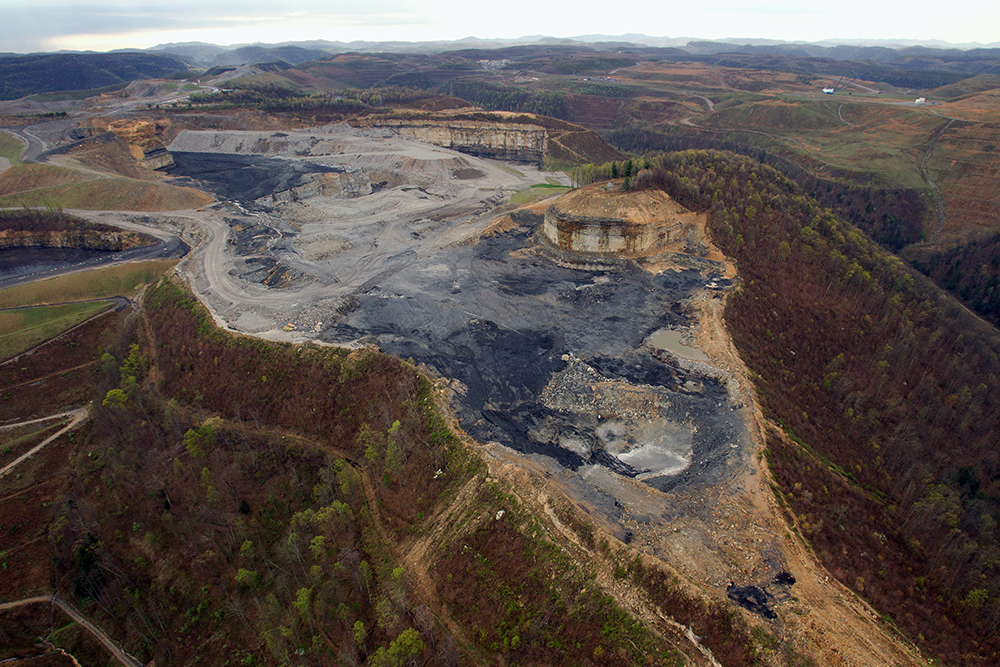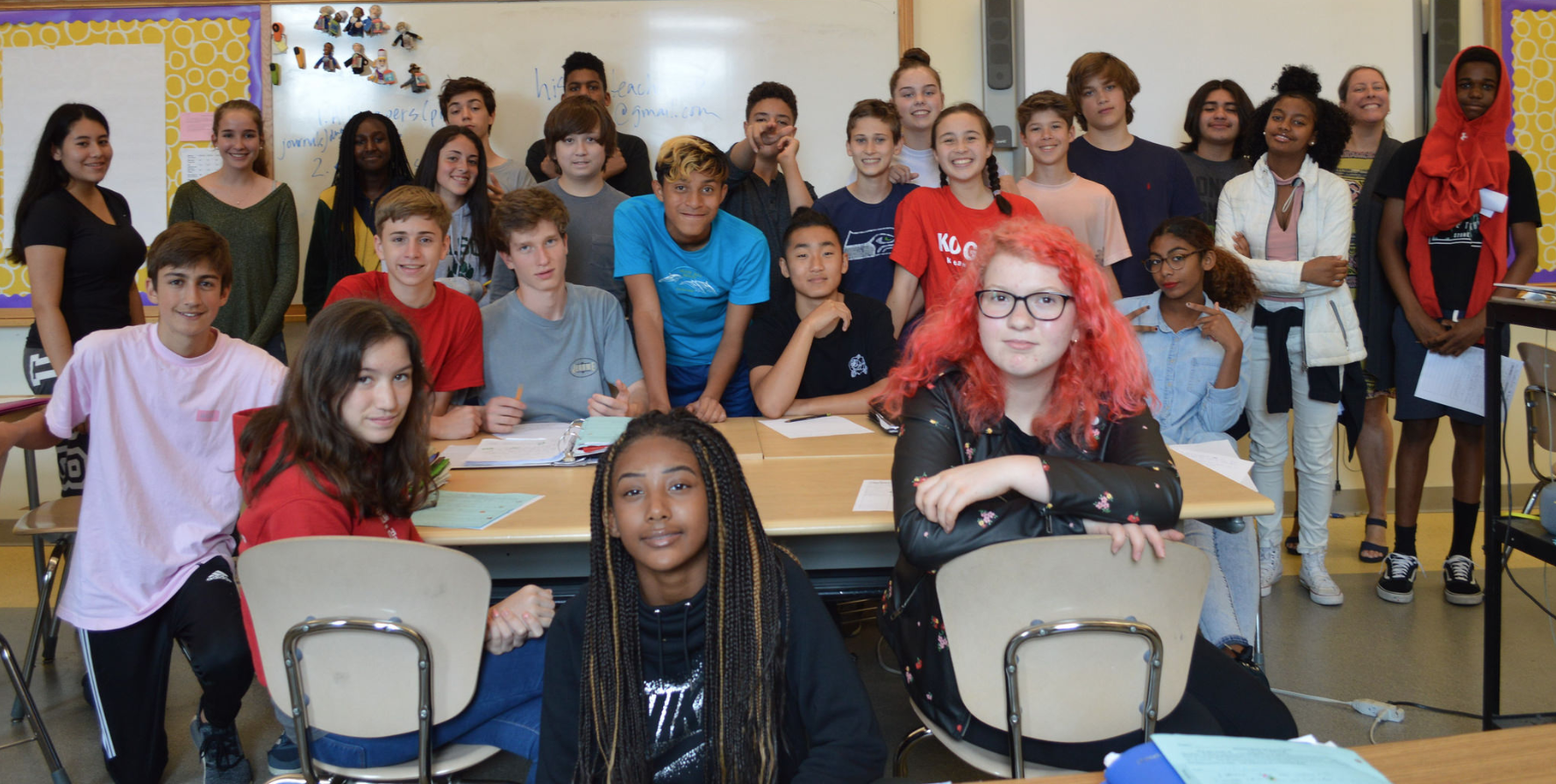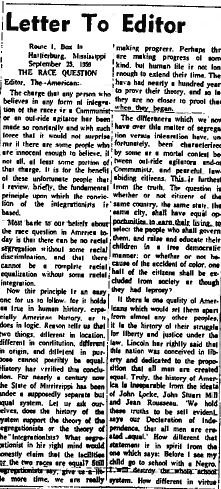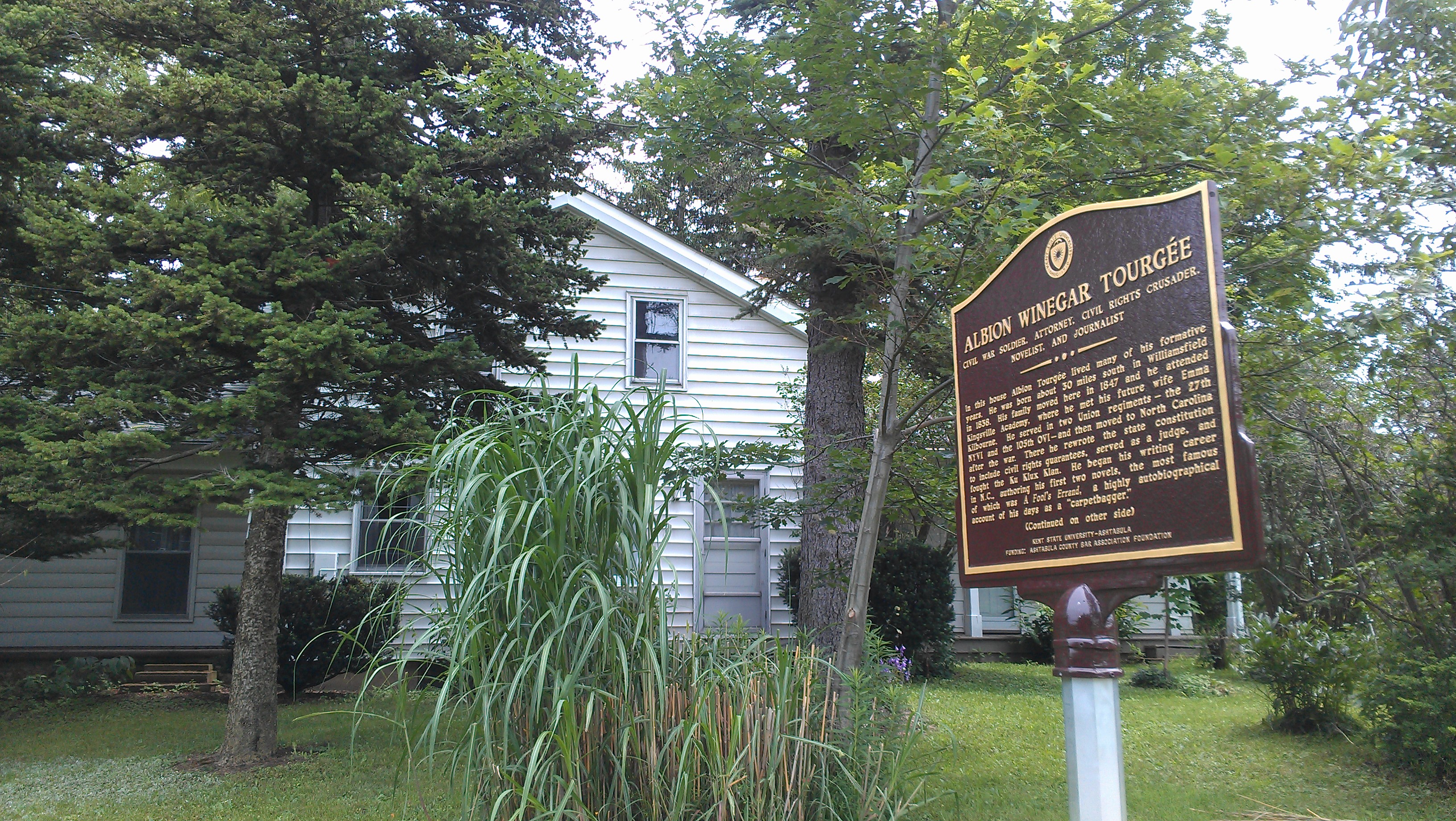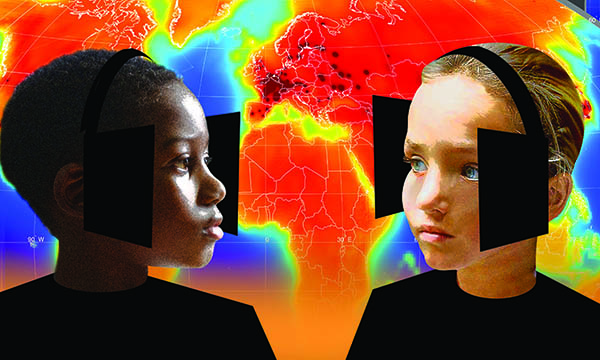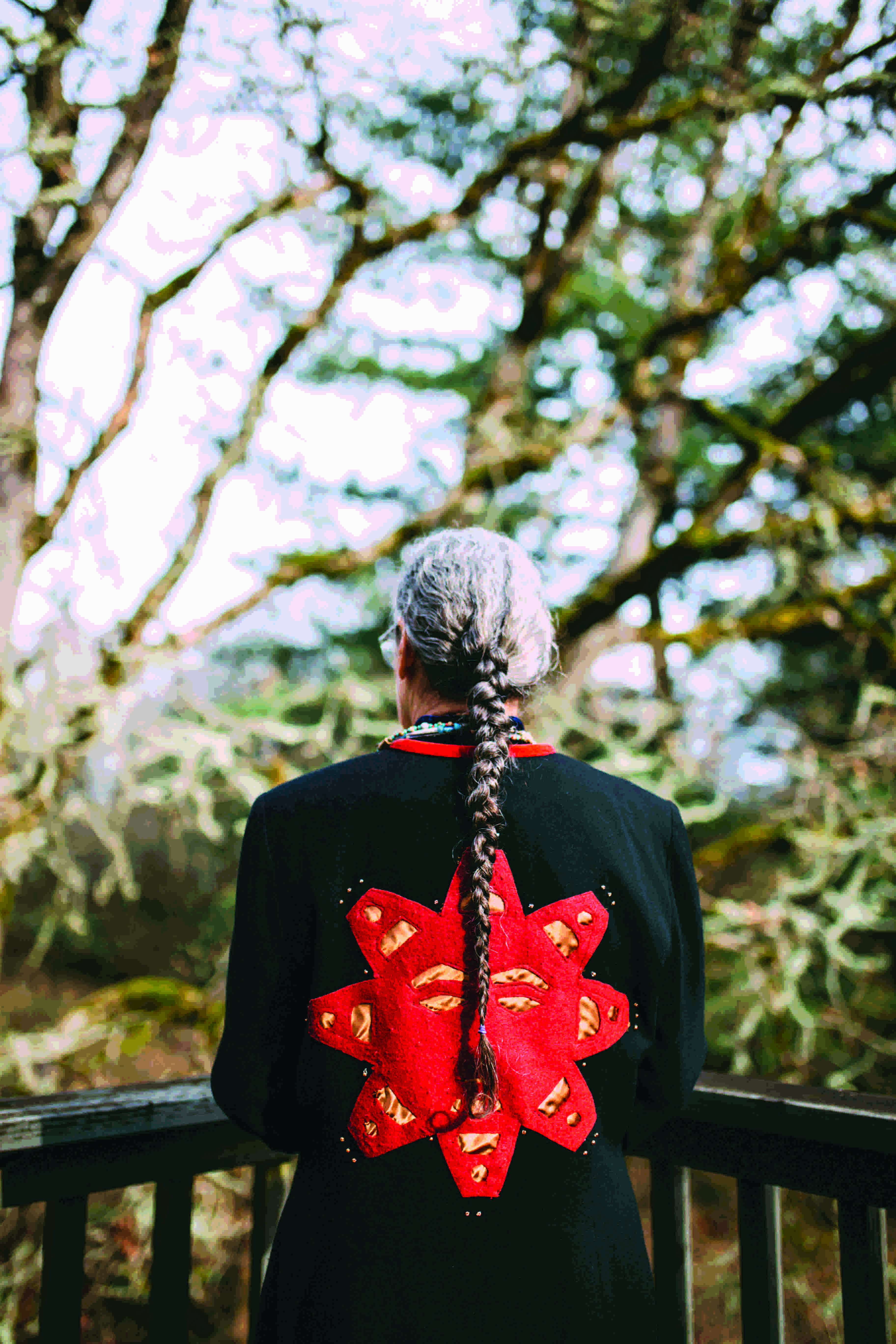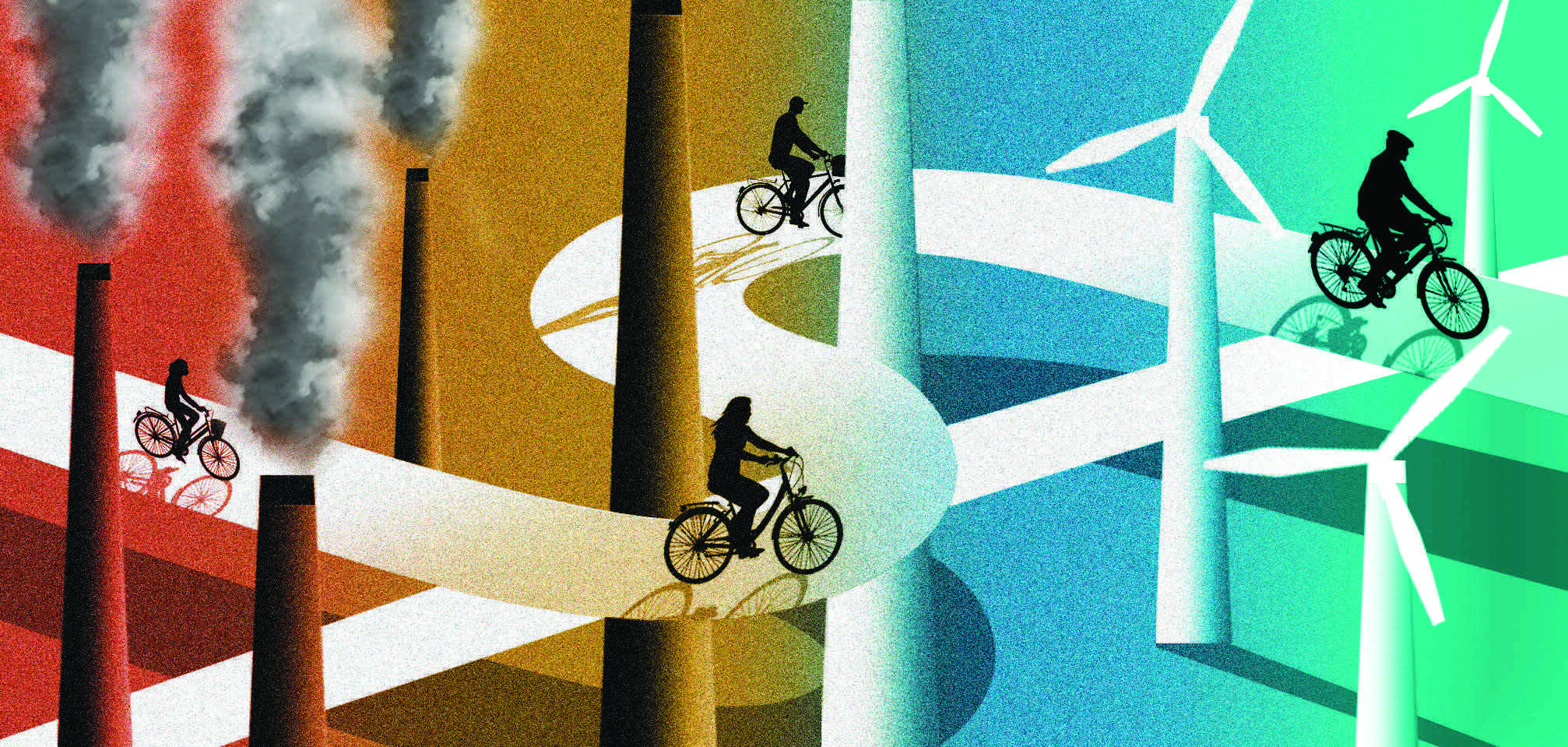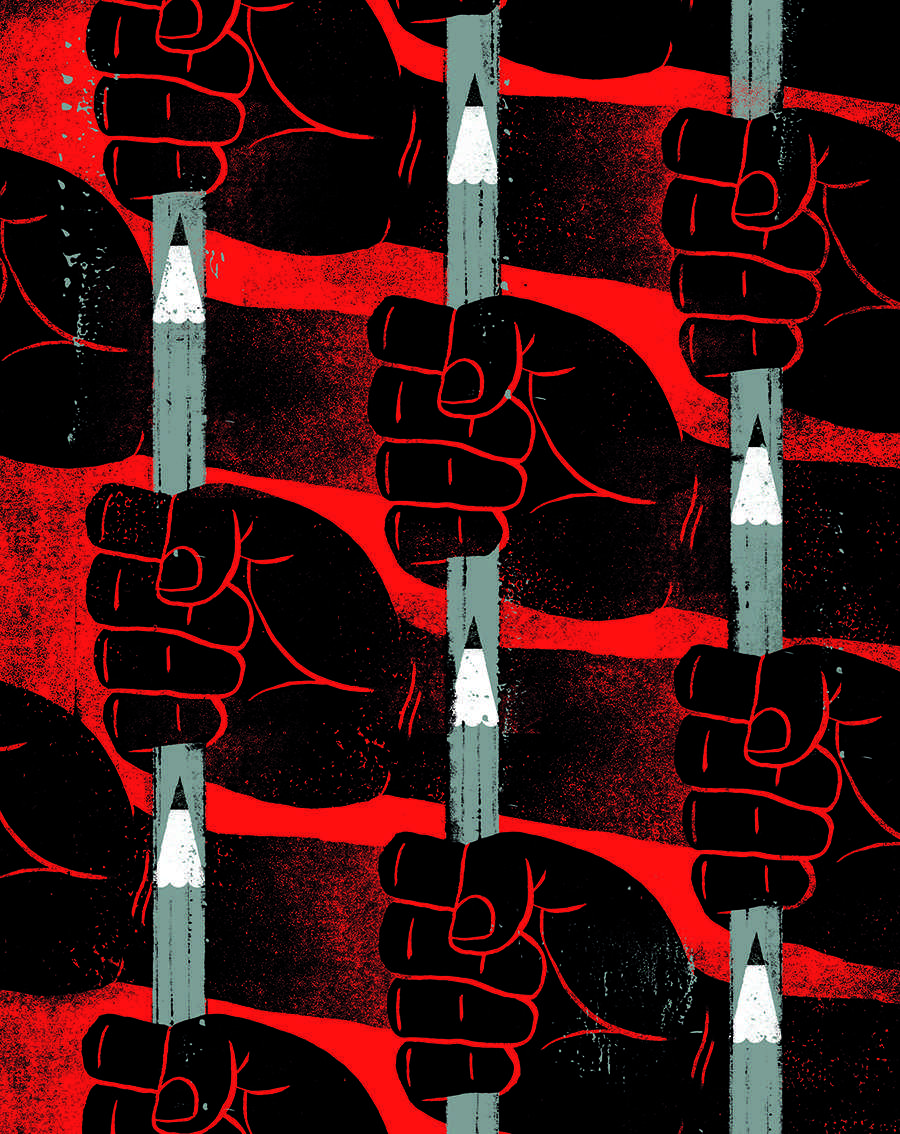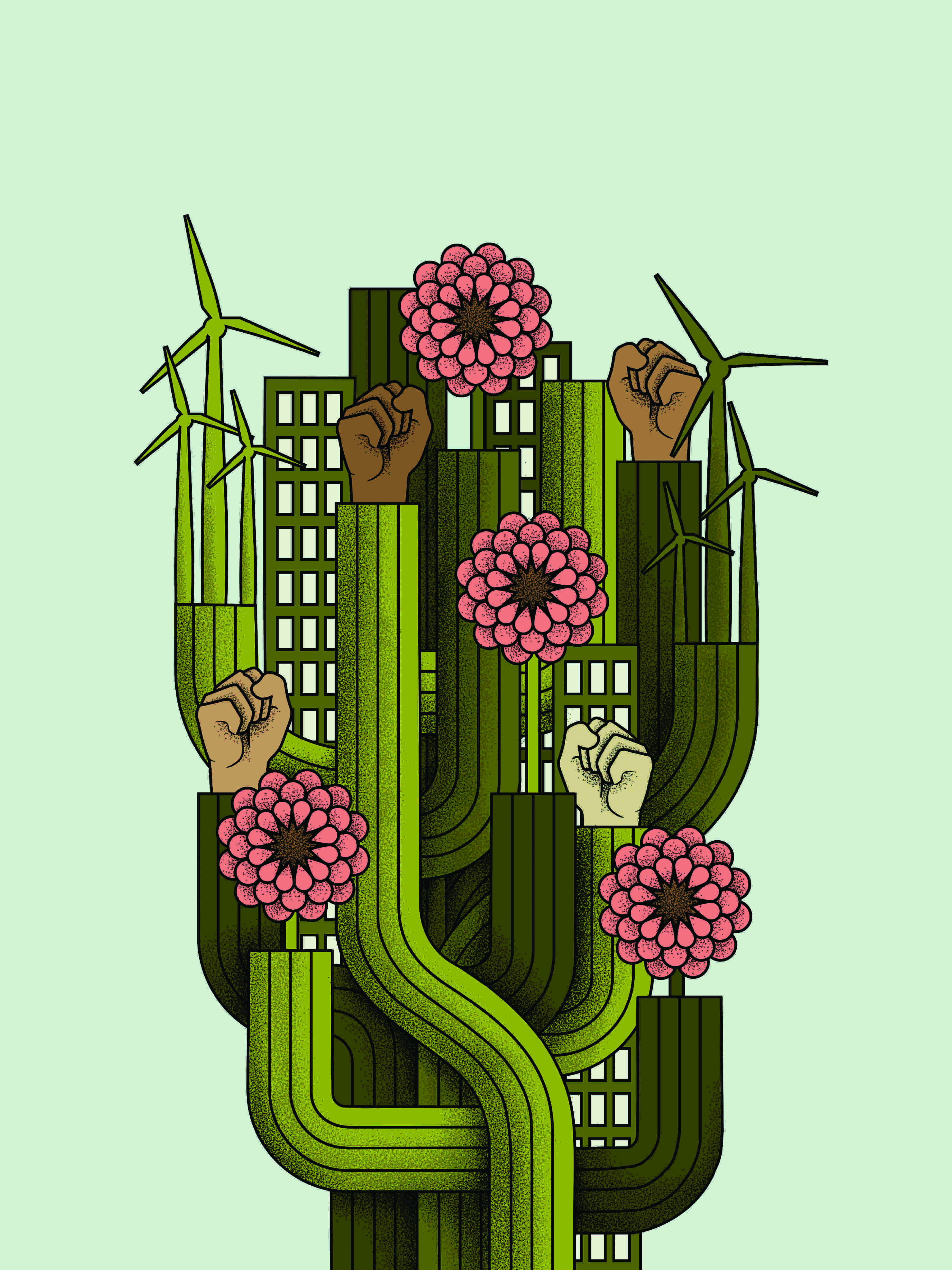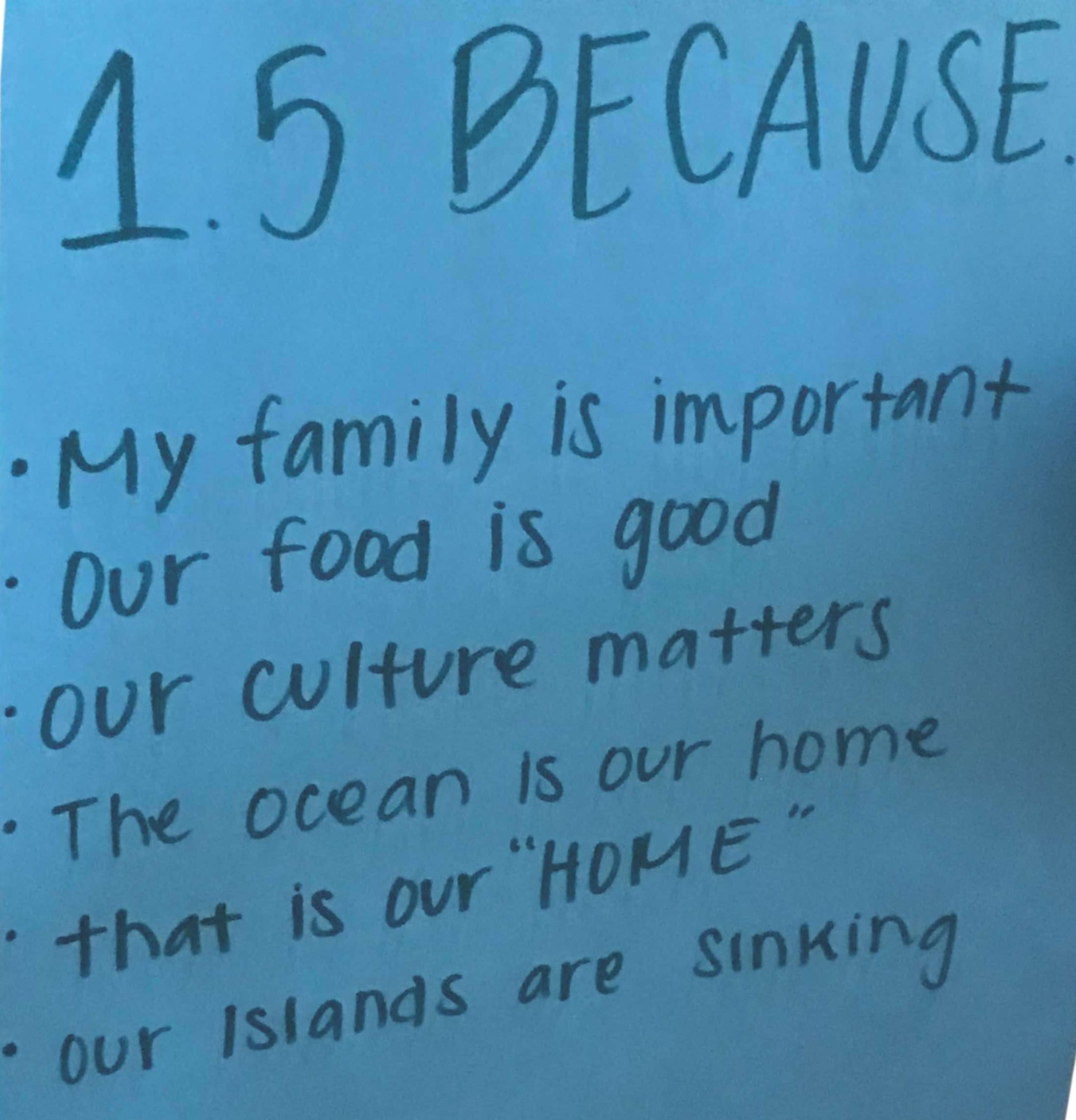Article. By Jill Howdyshell.
The author describes how climate change is hitting Indigenous communities in Alaska much harder than other places in the world. And yet, administrators still insist that school discussions should focus on student test scores.
Continue reading
Article. By Hannah Jones.
The global movement to get institutions to divest from fossil fuels began with students. This article tells the inspiring story.
Continue reading
Article. By Amy Trenkle.
One of the teachers who piloted the Make Reconstruction History Visible project with her students shares the process she used.
Teaching Activity by Amy Trenkle
Continue reading
Article. By Clyde Kennard. 1959.
Letter to the editor the Hattiesburg American about race and integration.
Continue reading
Article. By Richard Dana.
A group of students at Kent State University-Ashtabula helped secure local recognition for Reconstruction era lawyer and writer Albion Tourgee, including a historical marker at his birthplace.
Continue reading
Article. By Bill Bigelow. Rethinking Schools, Spring 2018.
Gender is one of the crucial variables determining how the climate crisis affects us.
Continue reading
Article. By Bill Bigelow. Rethinking Schools, Spring 2018.
Every single one of the texts adopted in Portland, known for being green and liberal, misleads young people about the climate crisis.
Continue reading
Article. By Bill Bigelow. Rethinking Schools, Fall 2018.
Teaching hope instead of despair, teachers invite students to research “climate warriors,” those who “know the truth” and yet are not defeated by it.
Continue reading
Article. By Bill Bigelow. Rethinking Schools, Winter 2018.
The “just transition” away from fossil fuels can also be a move toward a society that is cleaner, more equal, and more democratic.
Continue reading
Article. By Bill Bigelow. Rethinking Schools, Spring 2019.
For too long, the fossil fuel industry has tried to buy teachers’ and students’ silence. But teaching climate justice has never been more urgent.
Continue reading
Article. By Rachel Boccio. Rethinking Schools, Winter 2018.
A Connecticut educator who taught English to incarcerated young men for 20 years describes what happened when she introduced her students to the Canadian “Leap Manifesto.”
Continue reading
Article. By the Rethinking Schools Editorial Board. Rethinking Schools, Summer 2019.
The Green New Deal will only be brought to life by people who grasp the enormity of the crisis that humanity faces and the radical changes necessary to address it. This requires that we teach a climate justice curriculum.
Continue reading
Article. By Moé Yonamine. Rethinking Schools, Summer, 2019.
A high school ethnic studies teacher describes how students in the Pacific Island Club used poetry to refocus the narrative surrounding climate justice onto frontline communities.
Continue reading

